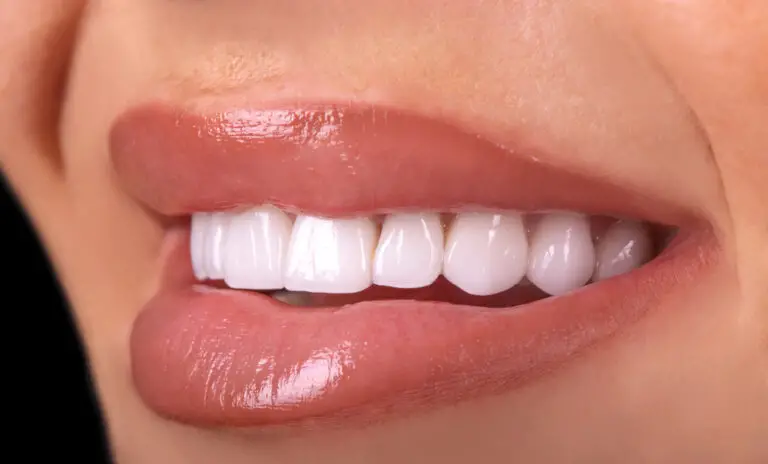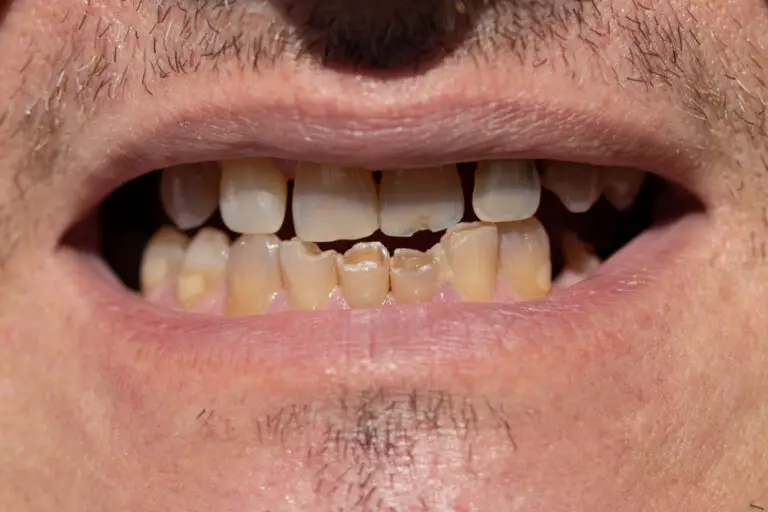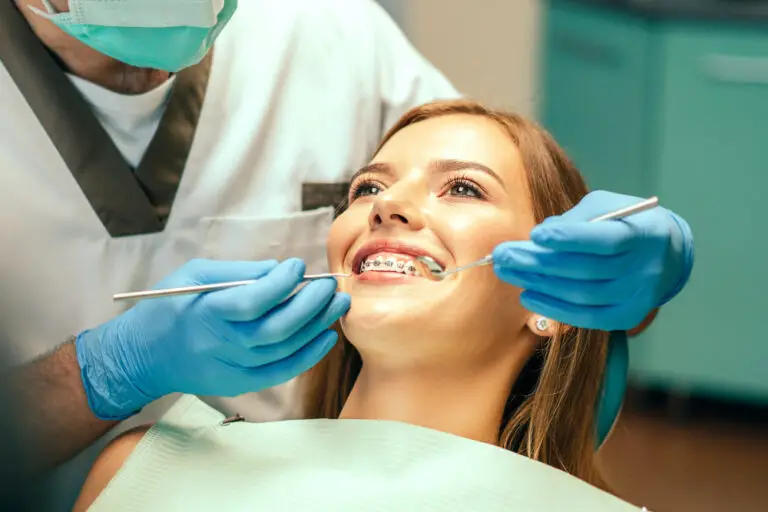After wisdom teeth removal, you may be wondering when you can eat regular food again. It’s important to follow your dentist or oral surgeon’s instructions to ensure proper healing and avoid complications. In general, you can expect to resume a normal diet within a week to ten days after surgery.
During the first few days after wisdom teeth removal, it’s best to stick to a soft food diet to avoid irritating the extraction site. This includes foods like smoothies, yogurt, pudding, mashed potatoes, and soup. Avoid foods that are crunchy, spicy, or acidic, as they can cause discomfort or even damage to the healing tissue. It’s also important to avoid using straws, as the suction can dislodge the blood clot and delay healing.
Understanding Wisdom Teeth Removal
If you are experiencing pain or discomfort in your mouth, your dentist may recommend removing your wisdom teeth. Wisdom teeth are the last set of molars that grow in the back of your mouth, usually between the ages of 17 and 25. While some people have no issues with their wisdom teeth, others may experience pain, infection, or other complications.
Wisdom teeth removal is a common dental procedure that involves the extraction of one or more wisdom teeth. The procedure is usually performed under local anesthesia, which means you will be awake but numb during the procedure. In some cases, your dentist may recommend general anesthesia, which will put you to sleep during the procedure.
After the procedure, you will need to take some time to recover. Your mouth will be sore and swollen, and you may experience some bleeding. You will need to follow your dentist’s instructions carefully to ensure proper healing and avoid complications.
One of the most important things to consider after wisdom teeth removal is your diet. You will need to avoid hard, crunchy, and spicy foods for a while to avoid irritating the extraction site. Instead, you should focus on eating soft, nutritious foods that will help your body heal.
In the next section, we will discuss what you can eat after wisdom teeth removal and when you can start eating regular food again.
Immediate Post-Surgery Period
After wisdom teeth removal, it’s important to take care of yourself during the immediate post-surgery period. During this time, you need to be careful with what you eat to ensure that you don’t damage the surgical site or cause any complications. Here are some tips for what to do during the first 24 and 48 hours after surgery.
First 24 Hours
For the first 24 hours after wisdom teeth removal, it’s important to rest and avoid any strenuous activity. You should also avoid smoking, spitting, or using a straw, as these actions can dislodge the blood clot that forms in the socket and lead to dry socket, which can be painful and delay healing.
When it comes to eating, you should stick to a soft food diet, such as mashed potatoes, yogurt, smoothies, and soup. Avoid hot and spicy foods, as well as foods that require a lot of chewing. You can also use ice packs to reduce swelling and discomfort.
First 48 Hours
During the first 48 hours after surgery, it’s still important to take it easy and avoid any strenuous activity. You should also continue to avoid smoking, spitting, or using a straw.
When it comes to eating, you can start to introduce more solid foods into your diet, but you should still avoid foods that require a lot of chewing. Stick to soft foods like scrambled eggs, pasta, and fish. You can also start to rinse your mouth gently with warm salt water to help keep the surgical site clean.
Remember to follow your dentist or oral surgeon’s instructions carefully during the immediate post-surgery period to ensure a smooth and speedy recovery.
Transition to Solid Foods
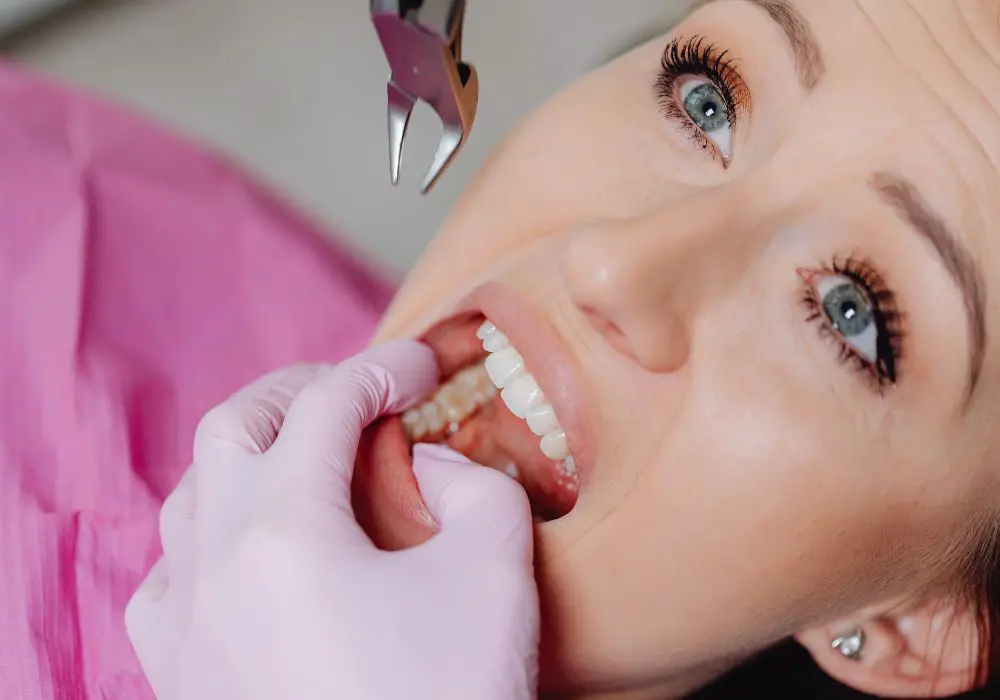
After a few days of eating only soft foods, you may be eager to transition back to your regular diet. However, it’s important to take it slow and follow your dentist’s instructions to avoid any complications. Here are the two stages of transitioning back to solid foods after wisdom teeth removal.
Soft Foods Stage
During the first few days after your surgery, you should stick to a diet of soft foods that are easy to chew and swallow. This will help your mouth heal and prevent any damage to the extraction site. Some examples of soft foods include:
- Smoothies
- Yogurt
- Mashed potatoes
- Scrambled eggs
- Soups (without large chunks of meat or vegetables)
It’s important to avoid any hot or spicy foods, as well as foods that are acidic or contain small seeds or nuts. These can irritate the extraction site and cause discomfort.
Semi-Solid Foods Stage
After a few days of eating only soft foods, you can start to introduce semi-solid foods into your diet. These foods are still easy to chew and swallow, but they have a slightly firmer texture. Some examples of semi-solid foods include:
- Oatmeal
- Pasta
- Soft fruits (such as bananas or avocados)
- Cooked vegetables (such as carrots or squash)
Again, it’s important to avoid any foods that are too hot or spicy, as well as foods that are hard or crunchy. You should also avoid using a straw, as the suction can dislodge the blood clot and delay the healing process.
Remember to take it slow and listen to your body. If you experience any pain or discomfort while eating, switch back to soft foods for a few more days before trying again. With patience and care, you’ll be back to your regular diet in no time.
Full Recovery and Regular Diet
Congratulations! You’ve made it through the recovery period after your wisdom teeth removal. Now, you may be wondering when you can start eating regular food again.
It’s important to remember that everyone’s recovery time is different, and it’s best to consult with your dentist or oral surgeon before making any major changes to your diet. However, in general, you should be able to start eating regular food again about a week after your surgery.
When you do start eating regular food again, it’s important to start slowly and gradually introduce harder, chewier foods over time. Here are some tips for transitioning back to a regular diet after wisdom teeth removal:
- Start with soft foods like scrambled eggs, mashed potatoes, and oatmeal.
- Gradually introduce foods that require more chewing, like pasta, rice, and soft vegetables.
- Avoid hard, crunchy, or sticky foods for at least a few more days.
- Chew on the opposite side of your mouth from the extraction site to avoid irritating the area.
- Rinse your mouth with warm salt water after eating to help keep the area clean and promote healing.
Remember to take it slow and listen to your body. If something hurts or feels uncomfortable, stop eating and give yourself more time to heal.
In summary, full recovery after wisdom teeth removal can take up to two weeks, but you should be able to start eating regular food again about a week after your surgery. Start with soft foods and gradually introduce harder, chewier foods over time. Avoid hard, crunchy, or sticky foods for at least a few more days and chew on the opposite side of your mouth from the extraction site. Rinse your mouth with warm salt water after eating to help keep the area clean and promote healing.
Factors Affecting Recovery Time
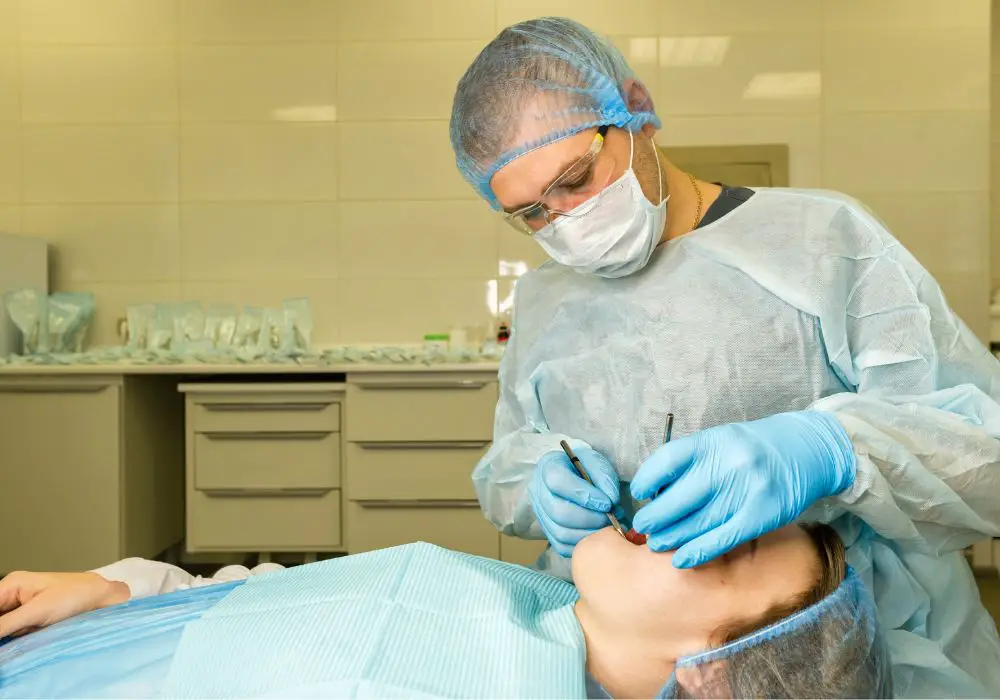
There are various factors that can affect how long it takes for you to recover after wisdom teeth removal. Here are two of the most important factors:
Individual Health Factors
Your individual health factors can play a significant role in how quickly you recover after wisdom teeth removal. These factors include your age, overall health, and any pre-existing medical conditions you may have.
Younger individuals tend to recover more quickly than older individuals. Additionally, if you are in good overall health and do not have any pre-existing medical conditions, you may be able to recover more quickly than someone who is in poor health or has a medical condition that affects their ability to heal.
Surgical Complexity
The complexity of your wisdom teeth removal surgery can also affect how long it takes for you to recover. If your surgery was simple and straightforward, you may be able to resume regular eating habits sooner than if your surgery was more complex.
For example, if your wisdom teeth were impacted or required surgical extraction, your recovery time may be longer than if your wisdom teeth were fully erupted and only required simple extraction.
It’s important to follow your dentist or oral surgeon’s instructions regarding post-operative care and dietary restrictions to ensure proper healing and minimize the risk of complications.
Tips for a Smooth Recovery
Recovering from wisdom teeth removal can be a difficult and uncomfortable process. However, there are steps you can take to make your recovery as smooth as possible. Here are some tips to help you recover quickly and comfortably:
1. Follow Your Dentist’s Instructions
Your dentist will provide you with specific instructions for your recovery. It’s important to follow these instructions carefully to ensure the best possible outcome. These instructions may include:
- Taking prescribed medications as directed.
- Using ice packs to reduce swelling.
- Eating only soft foods for a certain period of time.
- Avoiding smoking and drinking alcohol.
- Avoiding using straws.
- Avoiding rinsing your mouth for the first 24 hours.
2. Eat Soft Foods
After your surgery, you’ll need to stick to a soft food diet for a few days. This will help prevent irritation to the surgical site and reduce discomfort. Some soft foods you can eat include:
- Smoothies
- Yogurt
- Applesauce
- Mashed potatoes
- Soup
- Scrambled eggs
3. Stay Hydrated
Drinking plenty of fluids is important for a smooth recovery. Be sure to drink water, juice, and other hydrating beverages throughout the day. Avoid drinking through a straw, as this can dislodge the blood clot and delay healing.
4. Take It Easy
Rest is important for a speedy recovery. Avoid strenuous activities for the first few days after your surgery. You may also want to take a few days off work or school to allow your body to heal.
5. Keep Your Mouth Clean
While you should avoid rinsing your mouth for the first 24 hours, it’s important to keep your mouth clean after that. Gently rinse your mouth with warm salt water several times a day to help prevent infection.
By following these tips, you can make your recovery from wisdom teeth removal as smooth and comfortable as possible. Remember to be patient and give your body time to heal.
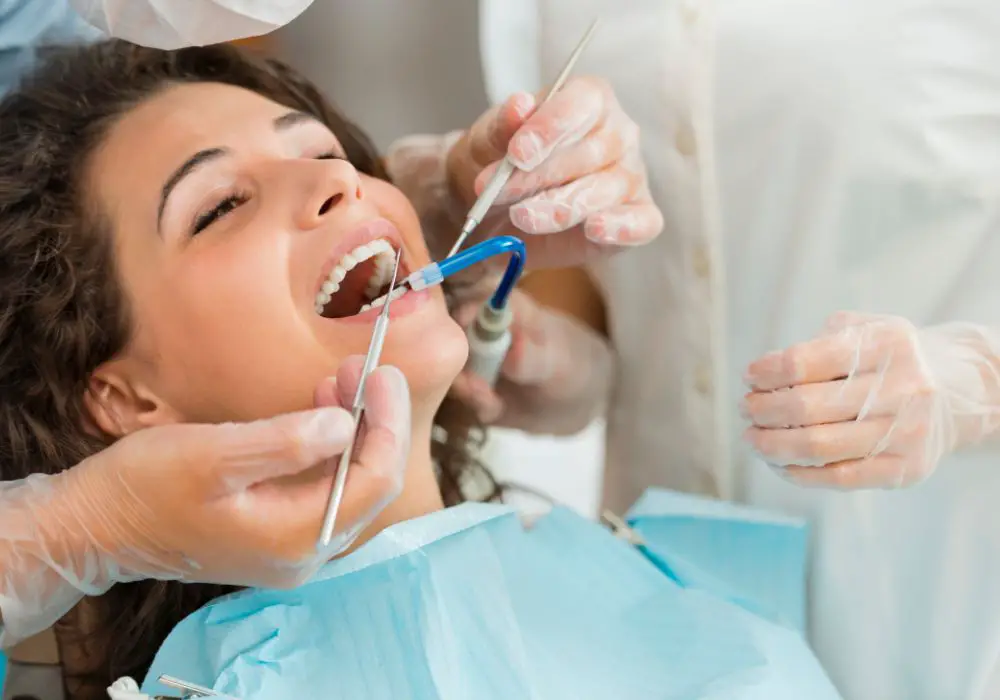
Frequently Asked Questions
When can I start eating solid food after wisdom teeth removal?
It is best to stick to soft and liquid foods for at least 24 hours after wisdom teeth removal. You can slowly introduce solid foods into your diet about seven days after your surgery. However, you should avoid hard, crunchy, or chewy foods as these can cause pain and interfere with healing.
What can I eat after wisdom teeth removal?
During the first few days after wisdom teeth removal, you should eat only soft and liquid foods such as smooth soup, juice, yogurt, smoothies, and pudding. After a week or so, when the wound has healed, you can slowly introduce solid foods into your diet. However, avoid hard, crunchy, or chewy foods.
Can I eat burgers after wisdom teeth removal?
It is best to avoid eating burgers after wisdom teeth removal, especially during the first few days. Burgers are hard, crunchy, and chewy, which can cause pain and interfere with healing. Stick to soft and liquid foods during the first few days, and slowly introduce solid foods into your diet after a week or so.
When can I eat chicken after wisdom teeth removal?
You can eat chicken after wisdom teeth removal, but it is best to wait until the wound has healed, which can take up to two weeks. During the first few days, stick to soft and liquid foods, and slowly introduce solid foods into your diet after a week or so.
How long does it take to eat regular food after wisdom teeth removal?
It can take up to two weeks to eat regular food after wisdom teeth removal. During the first few days, stick to soft and liquid foods, and slowly introduce solid foods into your diet after a week or so. However, avoid hard, crunchy, or chewy foods as these can cause pain and interfere with healing.
Can I eat pasta after tooth extraction?
You can eat pasta after tooth extraction, but it is best to wait until the wound has healed, which can take up to two weeks. During the first few days, stick to soft and liquid foods, and slowly introduce solid foods into your diet after a week or so. However, avoid hard, crunchy, or chewy foods as these can cause pain and interfere with healing.

